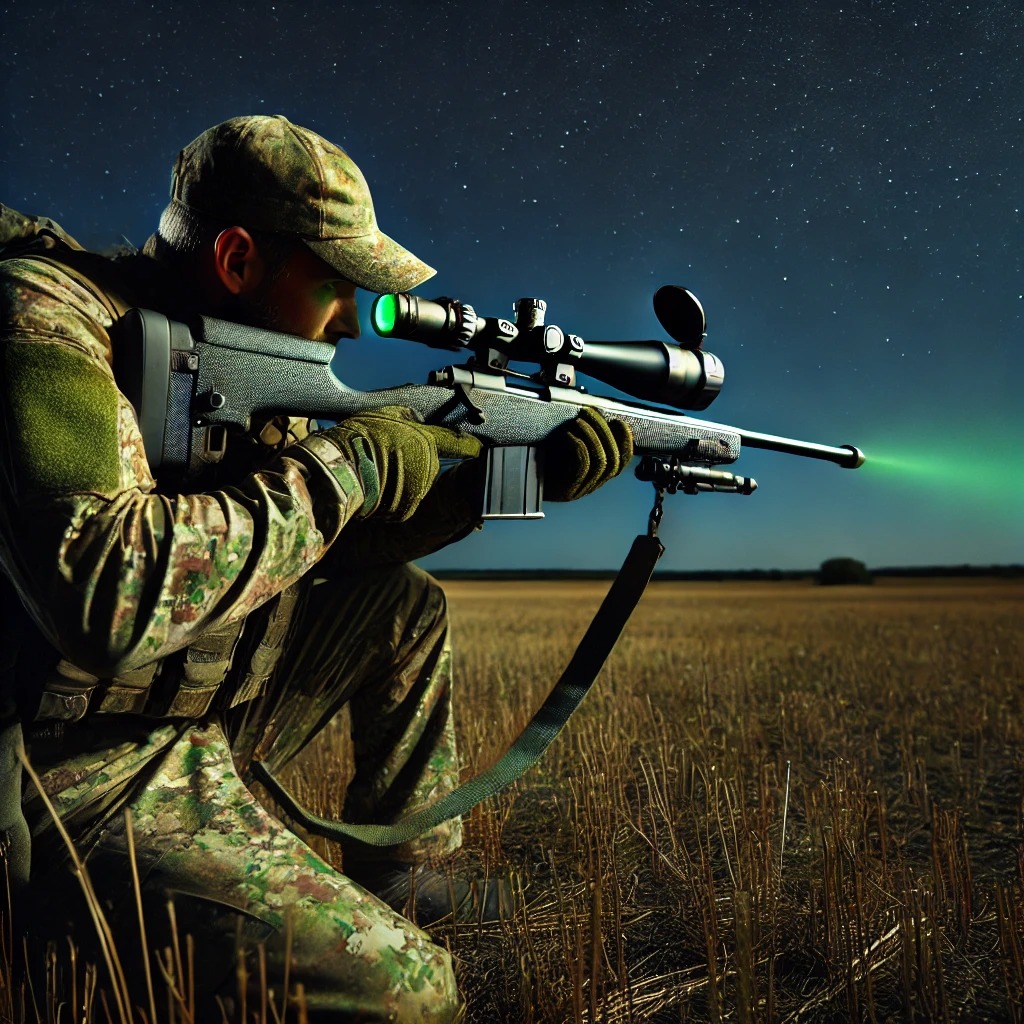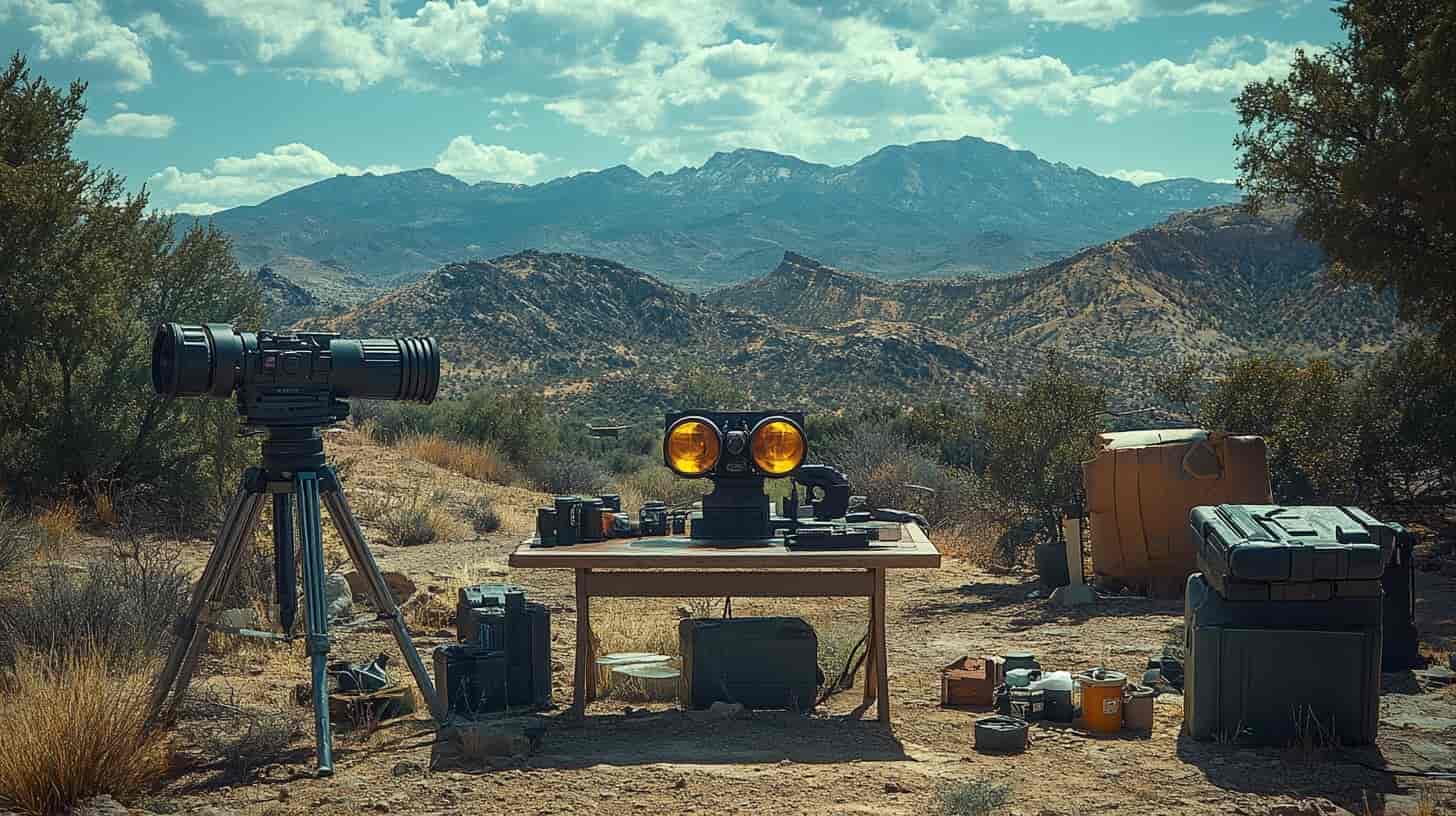The hunting season is fast approaching, and for many outdoor enthusiasts, it’s the most exciting time of the year. It’s a chance to connect with nature, test your skills, and hopefully bring home a prize. But before you head out into the field, it’s crucial to ensure that your firearm is in top shape. Proper gun maintenance is vital not only for your safety but also for the longevity and performance of your equipment. In this guide, we’ll explore essential gun maintenance tips that will keep you and your firearm ready for a successful hunting season.
Why Gun Maintenance is Crucial for Hunters
A well-maintained gun is a hunter’s best friend. It ensures that every shot is accurate, reduces the risk of malfunctions, and extends the life of the weapon. Regular maintenance doesn’t just keep your firearm looking good; it keeps it functioning safely and efficiently. Imagine lining up that perfect shot, only to experience a misfire. Such situations can often be avoided with proper gun care. For hunters, the stakes are high, and having a reliable firearm is non-negotiable.
Safety should always be the top priority when handling firearms. Routine maintenance helps identify potential issues that could lead to accidents, such as worn-out parts or blockages. It also involves cleaning out any residue buildup that might affect the gun’s accuracy. Consistent care not only enhances your safety but also boosts your confidence in your equipment, allowing you to focus on the hunt itself.
Lastly, maintaining your gun increases its lifespan. Firearms are significant investments, and like any other tool, they require care to remain in peak condition. Regular maintenance helps prevent rust, keeps mechanisms working smoothly, and ensures that your gun will remain an effective part of your hunting arsenal for years to come.
Essential Gun Maintenance Tips
To keep your firearm in perfect condition, there are several maintenance practices all hunters should follow. First and foremost, using quality cleaning materials is essential. Cheap or inappropriate products can cause more harm than good, potentially damaging finishes or leaving residues that affect performance. Invest in a good cleaning kit designed for your specific type of firearm.
Begin your gun maintenance routine with a thorough inspection. Check for any visible signs of wear, such as cracks, dents, or rust spots. Ensure that all screws and bolts are secure and that no parts are missing or loose. Firearms operate under high pressure, and even minor flaws can lead to serious issues if left unchecked.
When it comes to cleaning, each type of firearm requires different steps. Generally, start by ensuring the gun is unloaded and safely disassembled. Use cleaning rods, brushes, and patches to remove any debris and residues from the barrel and other critical areas. Solvents can help break down stubborn deposits, but be sure to choose ones compatible with your firearm’s materials. Once clean, a light application of lubricant will protect the metal surfaces and ensure smooth operation. Lastly, always store your gun in a clean, dry place, preferably in a locked safe or cabinet to prevent unauthorized access and environmental damage.
Common Mistakes in Gun Maintenance
Even seasoned hunters can make errors in maintaining their firearms. One common mistake is using improper cleaning techniques or tools. For instance, using a steel brush on a chrome-lined barrel can cause scratches and diminish its accuracy. Always research and use the appropriate tools for your specific firearm model.
Another frequent oversight is neglecting regular maintenance schedules. Many hunters clean their guns infrequently, often only after a hunting trip. To keep a firearm in top condition, develop a consistent maintenance routine, checking and cleaning it regularly, not just during hunting season.
Also, avoid storing firearms in unsuitable environments. Humidity and temperature fluctuations can cause metals to rust and wood to warp. A dry, cool location with controlled humidity levels is ideal. Use desiccants in storage areas to absorb moisture and prevent corrosion. By avoiding these common mistakes, you’ll ensure your gun remains in optimal condition year-round.
Tools for Proper Gun Maintenance
Having the right tools makes gun maintenance straightforward and effective. Cleaning rods, brushes, and patches are essentials for removing debris and fouling from the barrel. These tools come in various sizes to fit different calibers, ensuring a comprehensive clean.
Solvents and lubricants are crucial for breaking down residues and protecting metal surfaces. Choose products specifically designed for firearms, as these will provide the necessary protection without damaging your gun’s finish. Lubricants should be applied sparingly; over-lubrication can attract dust and debris, causing more problems than it solves.
In addition to cleaning supplies, gun vises and cleaning mats provide stability and protect surfaces during maintenance. A gun vise holds your firearm securely, allowing you to work on it hands-free, while a mat protects surfaces from scratches and spilled solvents. Investing in these tools will streamline your maintenance routine and safeguard both your firearm and workspace.
Conclusion
Gun maintenance is an essential aspect of hunting that cannot be overlooked. By understanding the importance of regular care and following the tips outlined in this guide, you’ll ensure that your firearm remains dependable and accurate throughout the hunting season. Proper maintenance not only enhances safety and performance but also extends the life of your valuable equipment.
We encourage you to share your own gun maintenance experiences and tips in the comments below. Remember, a well-maintained gun is a successful hunter’s ally. For more insights and advice on hunting and firearm care, subscribe to our newsletter and join our community of outdoor enthusiasts. Together, let’s make this hunting season your best one yet.




